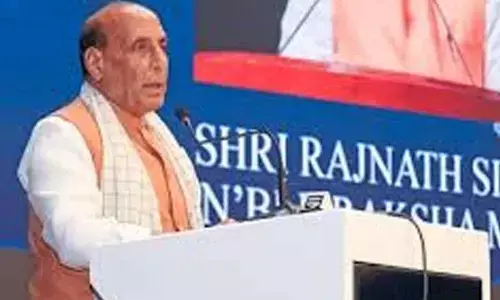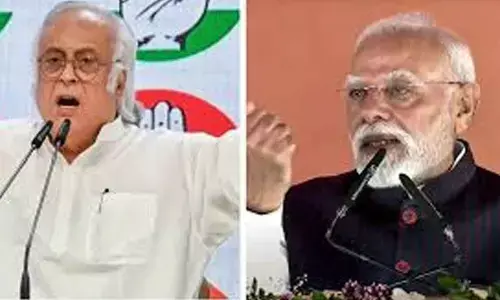Here are 10 Things to Keep in Mind When Investing in Tax-Saving Fixed Deposits

In India, investing in tax-saving fixed deposits (FDs) is an excellent way to save on taxes. These FDs come with a lock-in period of five years, and the interest earned is subject to taxation.
In India, investing in tax-saving fixed deposits (FDs) is an excellent way to save on taxes. These FDs come with a lock-in period of five years, and the interest earned is subject to taxation. However, you can claim a deduction under Section 80C of the Income Tax Act on the invested amount, up to INR 1.5 lakh per annum.
While investing in tax-saving fixed deposits is a good idea, it's essential to keep certain things in mind before making the investment. In this article, we'll discuss ten things you must consider when investing in tax saving fixed deposits.
1. Interest Rates: One of the most crucial factors to consider while investing in tax-saving fixed deposits is the interest rate. These rates vary from bank to bank, and it's essential to compare them to get the best deal. Currently, the interest rate in most banks ranges between 5.5% to 6%, which is higher than regular fixed deposit rates.
2. Tenure: Tax-saving fixed deposits come with a lock-in period of five years, and you cannot withdraw your investment before that. Hence, it's crucial to be sure and consider the tenure before investing. If you need liquidity during this period, it's wiser to invest in other instruments, such as a Public Provident Fund (PPF) or National Savings Certificate (NSC).
3. Return on Investment: The return on investment for tax-saving fixed deposits is slightly lower as the interest earned is subject to taxation. Hence, it's essential to calculate the final amount to be received after taxes before investing.
4. Eligibility: Individuals and Hindu Undivided Families (HUFs) are eligible to invest in tax-saving fixed deposits. Still, it's crucial to check with your bank as they may have specific rules regarding the same.
5. Minimum and Maximum Investment: Every bank has a minimum and maximum investment limit for tax-saving fixed deposits. It's crucial to check and invest the minimum amount required as per your needs.
6. Tax Implications: While tax-saving fixed deposits help save money, it's essential to be aware of the tax implications. The interest earned on these FDs is added to your income, and you're taxed as per the Income Tax Slab. Additionally, there's a TDS (Tax Deducted at Source) if the interest earned exceeds INR 10,000 in a financial year.
7. Nomination: It's essential to nominate a person in case of sudden death or any unexpected event. The nominee can withdraw the money in case of your absence.
8. Form 15G/15H: If your income is below the basic exemption limit, i.e., INR 2.5 lakh, you can submit Form 15G or Form 15H to the bank to avoid TDS.
9. Verification: It's crucial to verify all the details before submitting the investment amount. Once submitted, it's not easy to make any changes.
10. EPFO form 19: While investing in tax-saving fixed deposits, individuals should note that the amount invested in EPFO (Employee Provident Fund Organization) can be claimed as a deduction under Section 80C. However, if you withdraw the amount before completing five years of service, you'll have to pay taxes on the investment. Hence, it's essential to keep the lock-in period for EPFO in mind while investing in tax-saving fixed deposits.
In conclusion, investing in tax-saving fixed deposits is an excellent way to save on taxes, but it's crucial to keep these ten points in mind. Conduct thorough research, compare interest rates and tenure, and assess the tax implications before investing. Moreover, please note, this article does not encourage investing in any specific instrument, and investors must gauge all the pros and cons of trading in the Indian financial market before investing in any financial instrument.
Summary: Tax-saving fixed deposit is an excellent way to save on taxes in India. Before investing in tax-saving fixed deposits, there are ten crucial things to keep in mind. These include interest rates, tenure, return on investment, eligibility, minimum and maximum investment, tax implications, nomination, form 15G/15H, verification, and EPF form 19. Conduct thorough research, assess the tax implications and lock-in periods to make an informed decision.
(No Hans India Journalist was involved in creation of this content)








